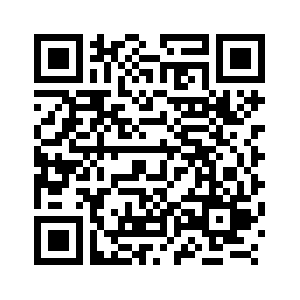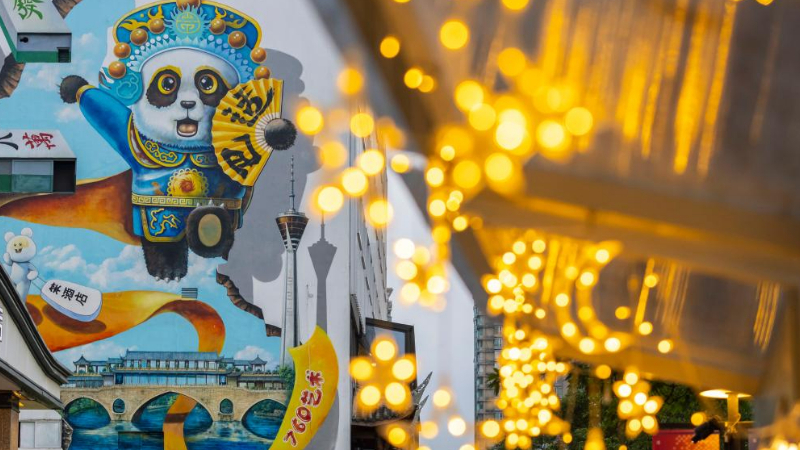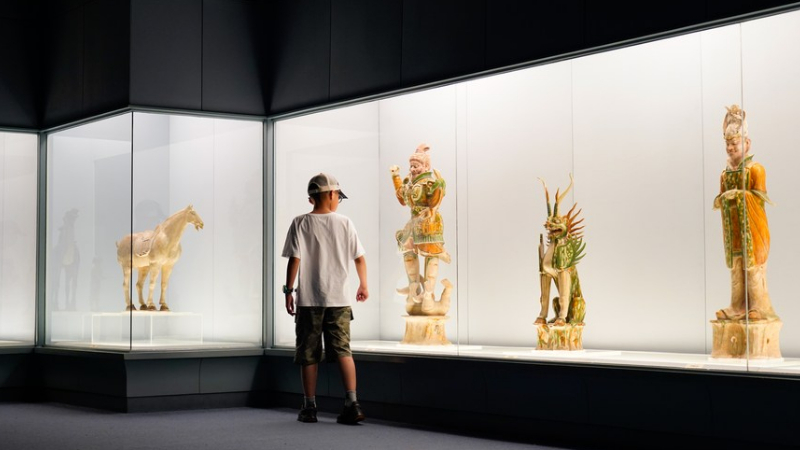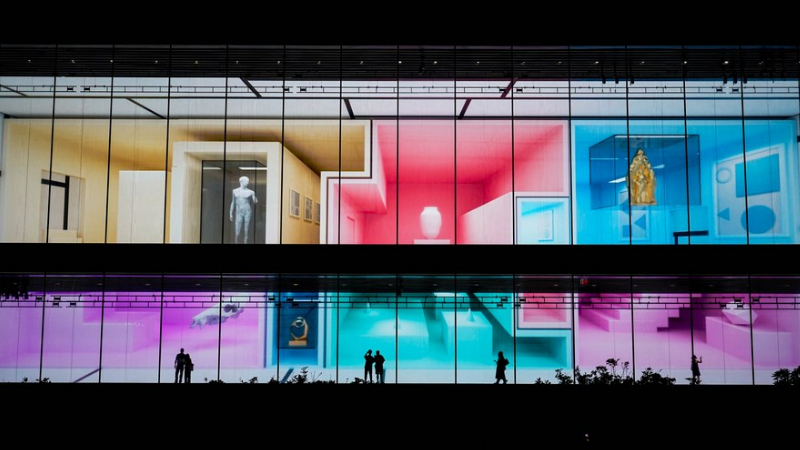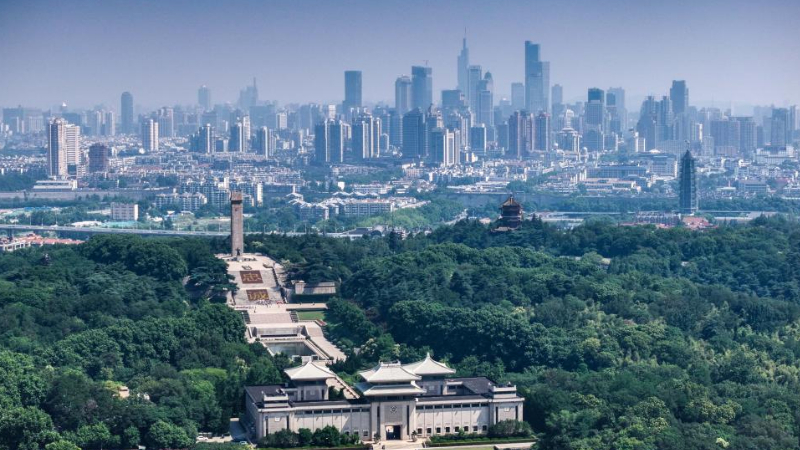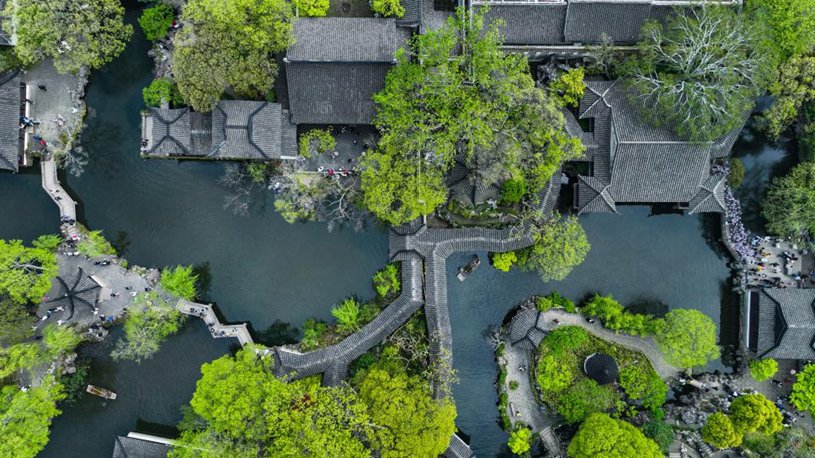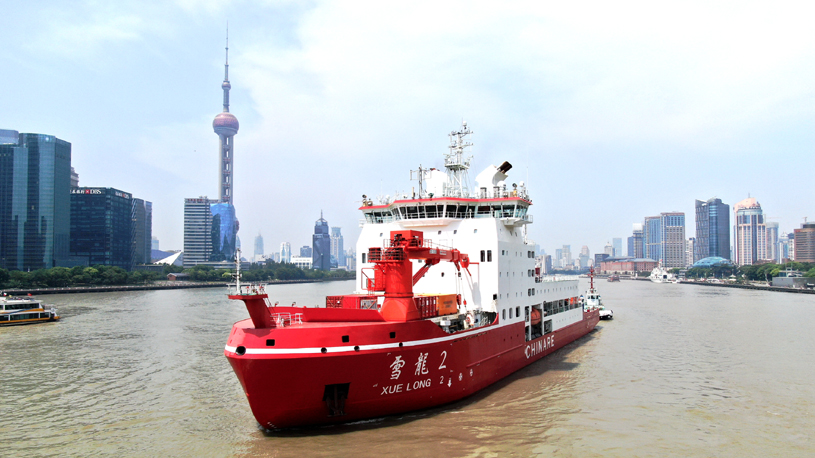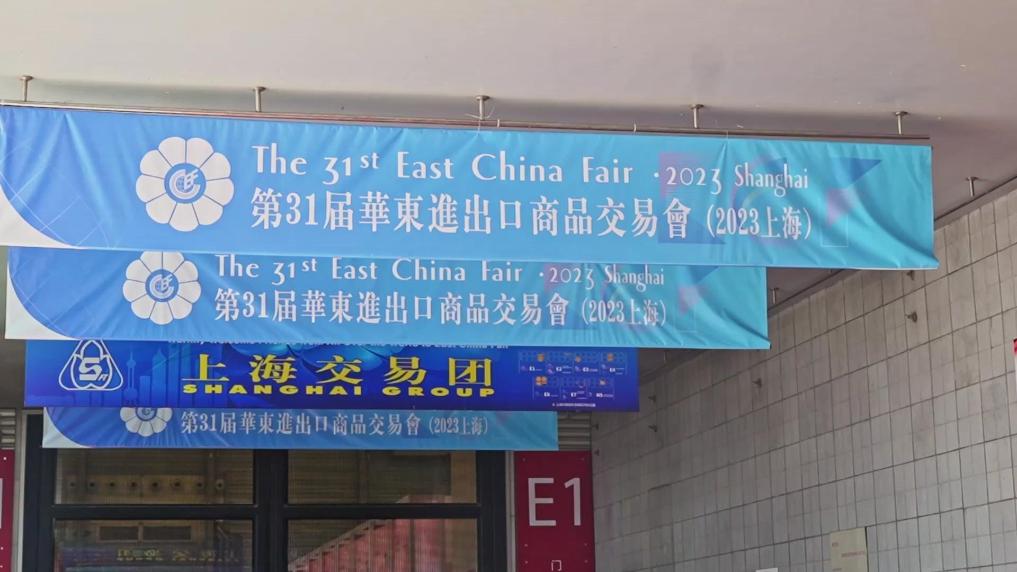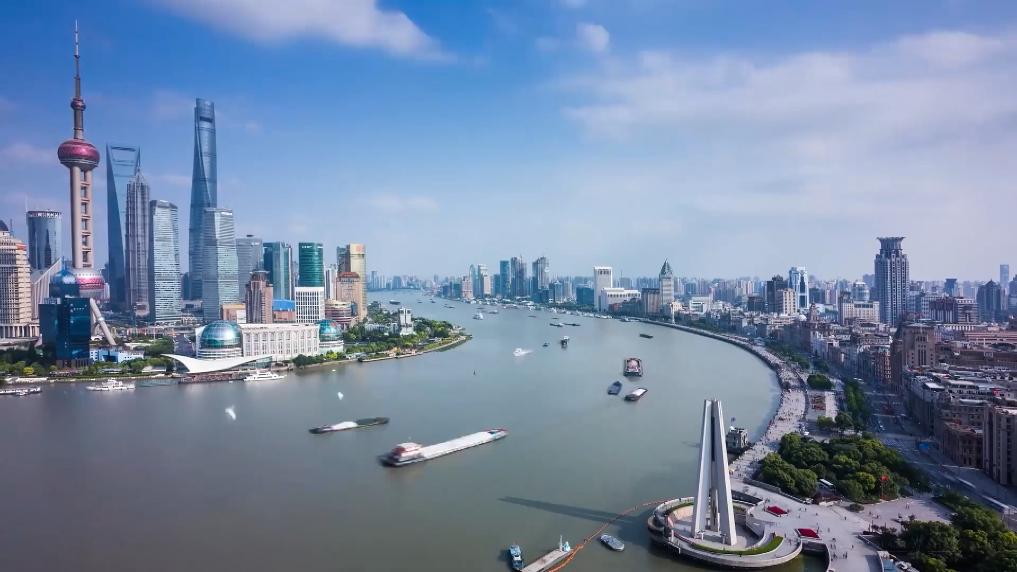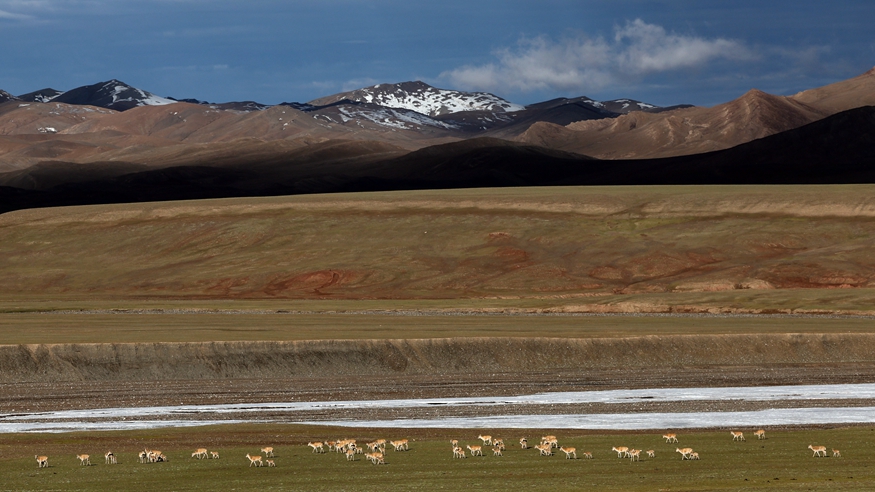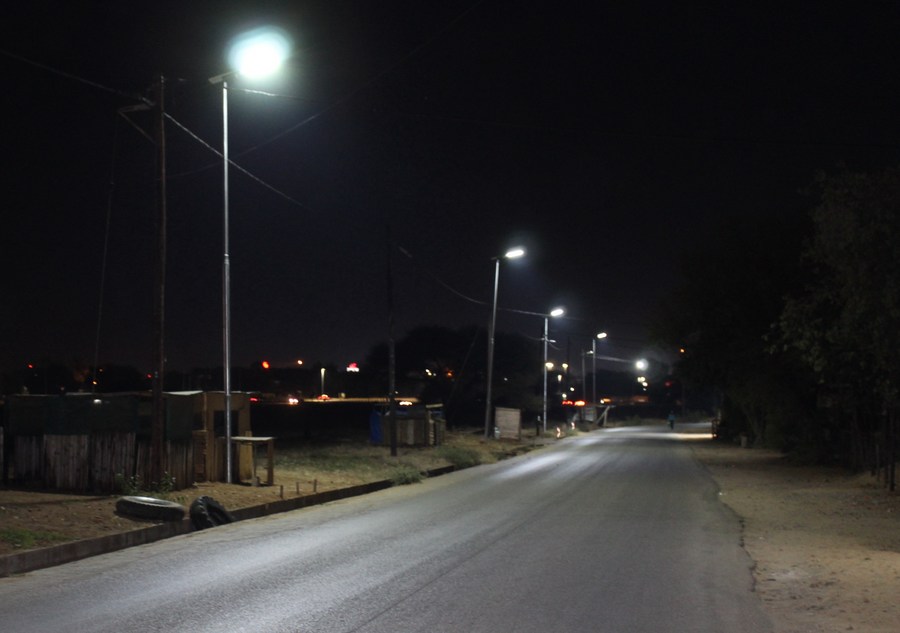
This photo taken on July 6, 2023 shows solar-powered street lamps in Francistown, Botswana. (Photo by Shingirai Madondo/Xinhua)
Francistown, Botswana's second largest city, is busy installing solar-powered lights that will illuminate its streets to cut costs and fight crime.
GABORONE, July 16 (Xinhua) -- Francistown, Botswana's second-largest city is busy installing solar-powered lights that will illuminate its streets to cut costs and fight crime.
A total of 100 solar LED lamps have been ordered from China for replacement by the Botswana Power Corporation (BPC), Botswana's sole electricity utility, as Francistown transit from the national grid to solar installation, said Godisang Radisigo, the mayor of Francistown City Council (FCC), in a recent interview with Xinhua.
"The city is challenged by poor illumination level which is currently at an average of 45 percent," said Radisigo, adding that they expect to illuminate the major streets of the city.
Radisigo also said the council will take over a total of 321 BPC streetlights in the southern parts of Francistown and replace them with solar streetlights using the community constituency project funding for the 2023/24 financial year.
"The remaining 457 BPC streetlights will be done as and when funds permit in the coming years," he said.
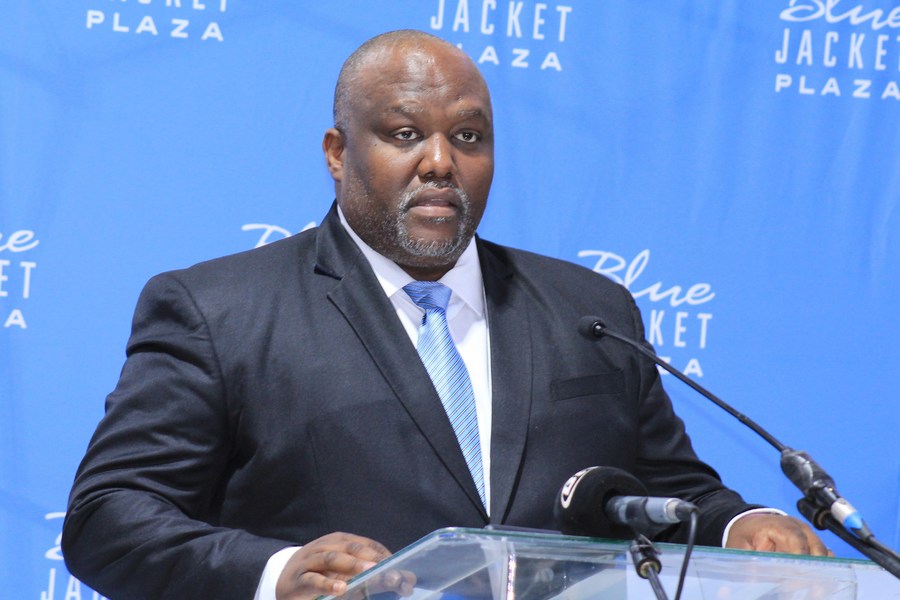
Mayor of Francistown City Council Godisang Radisigo addresses the residents about the city's transition to solar-powered street lights to increase illumination, in Francistown, Botswana, on June 29, 2023.(Photo by Shingirai Madondo/Xinhua)
According to Francistown municipal accounts manager Sello Isaac, solar streetlights will reduce electricity bills and save the city about 15,000 U.S. dollars each month.
Solar energy projects are also expected to be developed in other cities, with Gaborone, the country's capital city, also planning to install solar-powered streetlights.
Botswana is increasingly turning to the sun for its energy requirements, with the southern African country hoping to build more solar plants countrywide if it can find the needed investment.
"It makes sense turning to solar because the sun is free and the municipality is failing to service public amenities citing lack of funds," said Unangoni Khumalo, a vendor who hawks second-hand clothes in Francistown.
As the second largest city in the southern African country, although its crime situation cannot be equally compared to that of big cities across the world, Francistown has not been a complete exception in struggling with criminal activities.
Tshepo Maine, an informal trader who plies his trade along the busy Blue Jacket Street in Francistown, knows this only too well.
"I was mugged on my home from (the) trading place and lost my jacket and wallet because there was load shedding on that particular day. I long stopped knocking off very late," said Maine, recalling what has become a familiar story in this city of more than 150,000 people.
With streetlights going out in regular power blackouts, the streets of this city situated in the northeastern part of Botswana have become havens for muggings, even motorists are not safe, he said.
According to a random survey conducted by the police while monitoring crime trends in Francistown in January 2021, only a little more than 20 percent of the city's residents said they felt safe walking alone at night, especially during load shedding. ■
